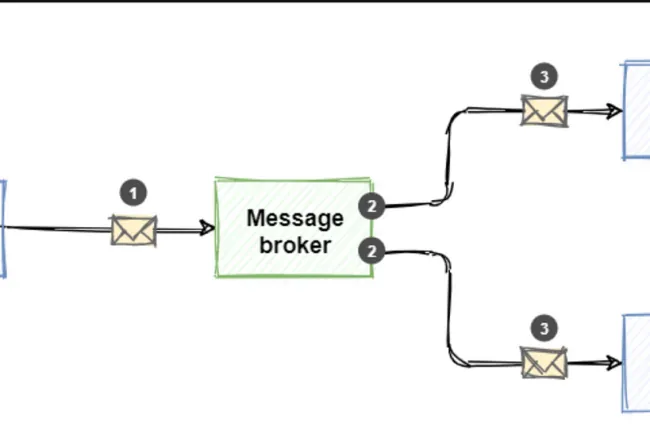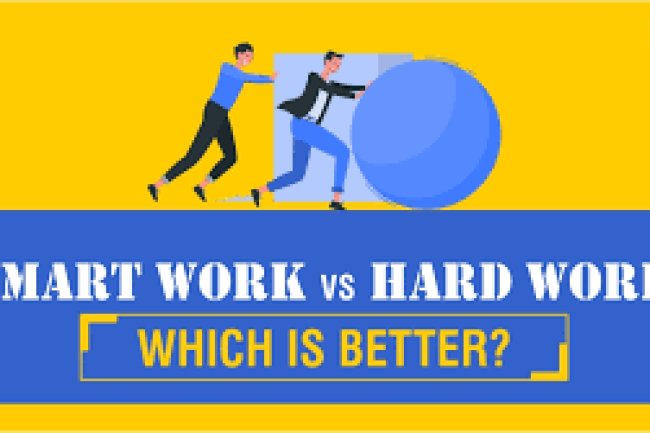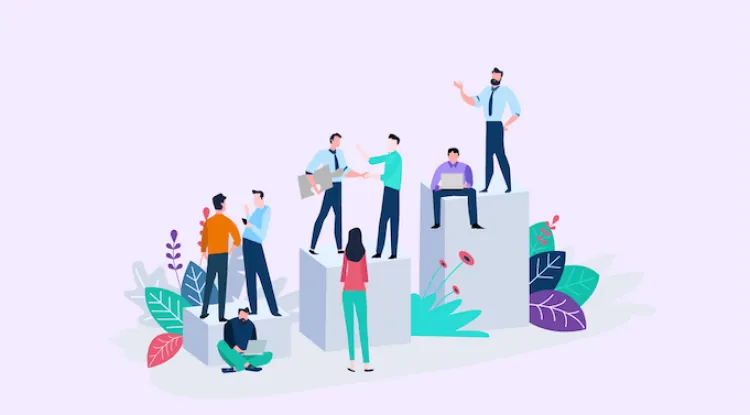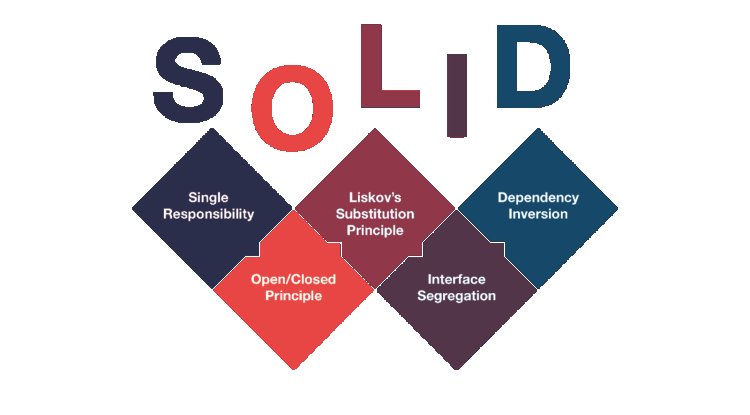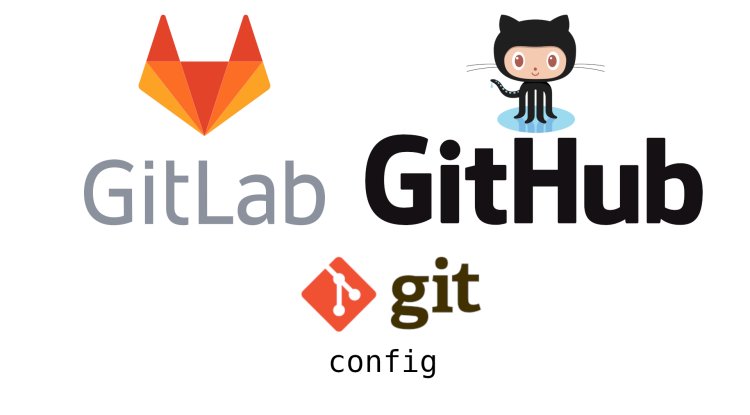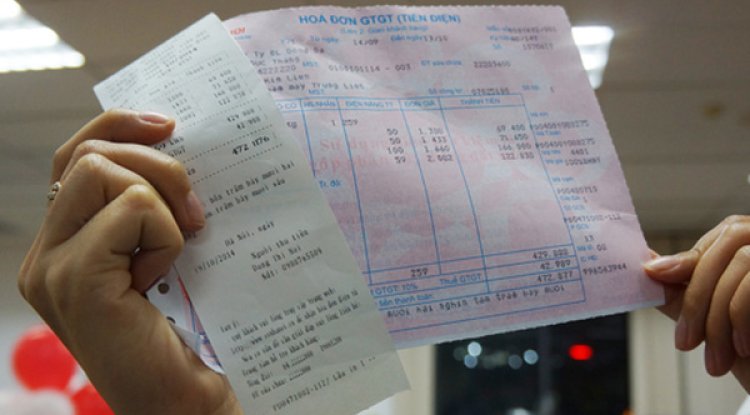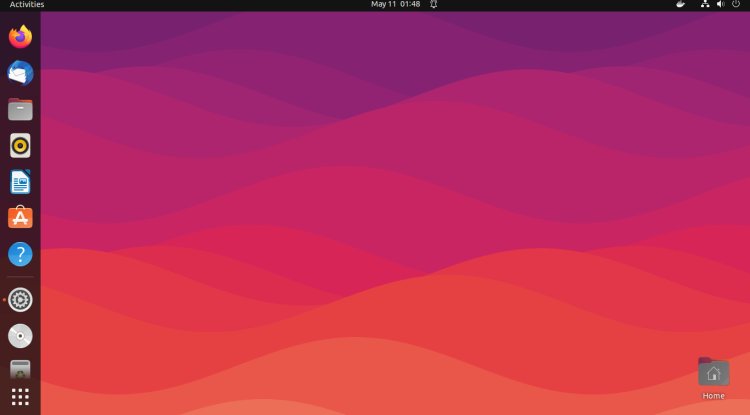Pesonal Productivity: 10 Tips to Improve and Boost Results
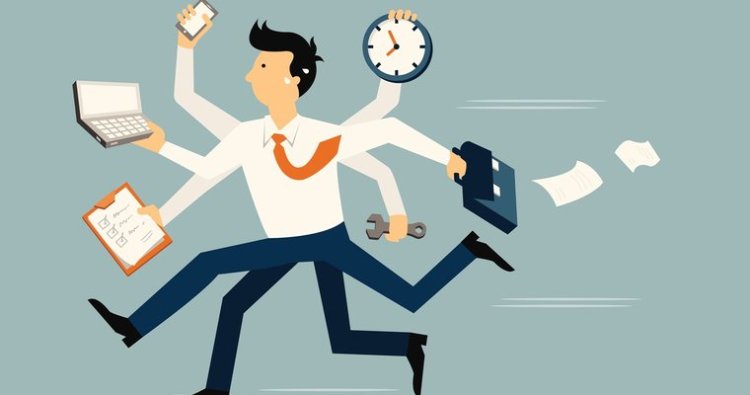
What is Personal Productivity?
Personal productivity is important for several reasons, and it has a significant impact on both personal and professional aspects of life. Here are some key reasons why personal productivity is crucial:
-
Achieving Goals: Personal productivity helps individuals set and achieve their goals efficiently. Whether these goals are related to career, personal development, health, or relationships, being productive ensures progress toward those objectives.
-
Time Management: Effective time management is essential in today's fast-paced world. Personal productivity helps individuals make the most of their time, allowing them to juggle multiple responsibilities and tasks.
-
Reducing Stress: When you manage your tasks and time effectively, you're less likely to feel overwhelmed. Reduced stress levels can lead to better mental and physical health, improved decision-making, and greater overall well-being.
-
Improved Focus: Personal productivity techniques, such as minimizing distractions and using time management methods like the Pomodoro Technique, enhance focus and concentration. This leads to better quality work and faster task completion.
-
Enhanced Efficiency: Being productive means getting more done in less time, which can lead to increased efficiency. This efficiency can boost your career, make you a valuable team member, and open up opportunities for advancement.
-
Increased Creativity: When you have a handle on your tasks and deadlines, you create mental space for creativity. Personal productivity allows you to allocate time for brainstorming, problem-solving, and innovative thinking.
-
Better Work-Life Balance: A focus on personal productivity ensures that you're not constantly overworking or neglecting personal life. This balance is crucial for maintaining strong relationships, pursuing hobbies, and enjoying leisure time.
-
Professional Success: In a professional context, personal productivity can lead to career advancement, increased job satisfaction, and greater job security. It helps you meet and exceed expectations in the workplace.
-
Financial Benefits: Productivity often leads to increased income, whether through promotions, improved job performance, or side ventures. It also helps individuals make informed financial decisions and manage their money effectively.
-
Personal Development: Being productive means consistently working on self-improvement and personal development. This can lead to greater self-confidence, resilience, and adaptability.
-
Achieving Work-Life Goals: Personal productivity techniques can be applied to both professional and personal life, helping individuals reach various life goals, such as starting a business, pursuing education, or maintaining a healthy lifestyle.
-
Contributing to Society: Productive individuals often contribute positively to their communities and society at large. By achieving personal goals, they can also have a broader impact on the world.
In summary, personal productivity is important because it empowers individuals to make the most of their time, achieve their goals, reduce stress, and lead more fulfilling lives. It has a ripple effect, positively impacting not only individuals but also their communities and the larger society.
Why is Personal Productivity Important?
Personal productivity refers to the ability of an individual to efficiently and effectively manage their time, resources, and energy to accomplish tasks, goals, and objectives. It involves getting things done in a manner that maximizes output while minimizing wasted effort, time, and resources. Personal productivity is not solely about working harder or longer hours; it's about working smarter.
Key aspects of personal productivity include:
-
Goal Setting: Clearly defining your objectives and what you want to achieve is fundamental to personal productivity. Having well-defined goals provides direction and purpose for your efforts.
-
Time Management: Efficiently allocating and managing your time is crucial. This involves prioritizing tasks, setting deadlines, and minimizing time wasted on unproductive activities.
-
Task Management: Organizing and managing your tasks and responsibilities is essential. Creating to-do lists, breaking down projects into smaller tasks, and tracking progress are common techniques.
-
Minimizing Distractions: Identifying and reducing distractions is a critical component of productivity. This includes managing interruptions, silencing notifications, and creating a focused work environment.
-
Effective Planning: Planning involves setting a roadmap for how you'll achieve your goals. This includes identifying the steps you need to take, resources required, and potential obstacles to overcome.
-
Decision Making: Making informed decisions and avoiding procrastination is important for productivity. Being able to make choices quickly and confidently can prevent tasks from piling up.
-
Self-Motivation: Staying motivated and disciplined, especially when faced with challenging or tedious tasks, is crucial for maintaining productivity over the long term.
-
Continuous Improvement: Personal productivity is an ongoing process of self-improvement. Regularly evaluating your methods and seeking ways to become more efficient and effective is essential.
-
Work-Life Balance: Maintaining a balance between work and personal life is important for overall well-being and productivity. Burnout can lead to decreased productivity, so it's essential to take breaks and relax when needed.
-
Adaptability: Being adaptable and open to change is key in today's fast-paced world. The ability to adjust your strategies and techniques as circumstances change can improve your productivity.
In essence, personal productivity is about achieving more in less time and with less effort while maintaining quality. It allows individuals to accomplish their goals and tasks efficiently, freeing up time for other important aspects of life. Everyone's definition of personal productivity may vary based on their goals and circumstances, but the underlying principles remain consistent.
10 Tips to Improve and Boost Results
Improving personal productivity is essential for achieving your goals and maintaining a healthy work-life balance. Here are ten tips to help you boost your productivity:
-
Set Clear Goals: Start by defining your short-term and long-term goals. Having a clear sense of direction will help you prioritize tasks and stay focused on what's important.
-
Prioritize Tasks: Use techniques like the Eisenhower Matrix to categorize tasks into four quadrants: urgent and important, important but not urgent, urgent but not important, and neither urgent nor important. Focus on the important tasks that will move you closer to your goals.
-
Create a To-Do List: Make a daily or weekly to-do list with specific, actionable tasks. Organize the list based on priorities and deadlines.
-
Time Management: Practice effective time management by using techniques such as the Pomodoro Technique (working in focused 25-minute intervals) or time blocking (dedicating specific time slots to specific tasks).
-
Minimize Distractions: Identify common distractions and take steps to minimize them. This may include turning off social media notifications, closing unnecessary tabs on your computer, or setting specific times for checking email.
-
Use Productivity Tools: There are numerous productivity tools and apps available to help you manage tasks, schedules, and projects. Some popular options include Todoist, Trello, and Asana.
-
Delegate and Outsource: Don't try to do everything yourself. Delegate tasks to others when possible, or consider outsourcing tasks that are not your core strengths.
-
Take Regular Breaks: Avoid burnout by taking regular breaks. Short breaks can help you recharge and maintain focus. Consider going for a walk or practicing deep breathing during breaks.
-
Continuous Learning: Invest time in learning new skills and improving existing ones. The more knowledge and skills you have, the more efficient you can be in your tasks.
-
Reflect and Adjust: Periodically review your productivity strategies to see what's working and what isn't. Adjust your approach as needed to optimize your productivity.
Remember that productivity is not just about doing more; it's about doing the right things efficiently. Tailor these tips to your unique needs and circumstances to maximize your personal productivity. It may take time to find the right combination of strategies that work best for you, so be patient and persistent in your efforts to improve.
